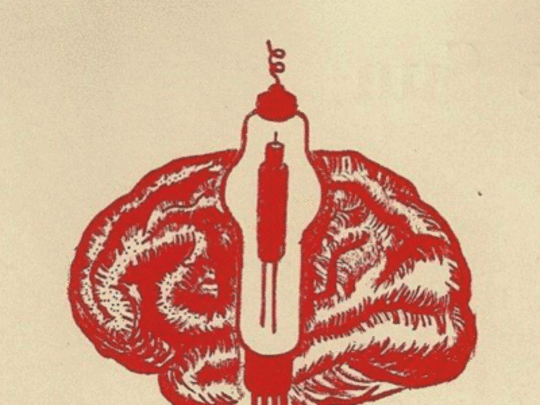
Photo: Deutsches Museum | Kliewer, Mario
Digital cultures of technology and knowledge
OSIRIS
OSIRIS takes on the huge challenge of making the large national cultural, technical and natural history collections – including living collections – comprehensively globally accessible for everyone – as a national infrastructure. OSIRIS aims to strategically develop them in their entirety and preserve them as the heritage of mankind
Content
OSIRIS – Open Science Information and Research Infrastructure
- Digital cultures of technology and knowledge
Edited by
Dr. Johannes-Geert Hagmann
Acting Head of Research
Dr. Mario Kliewer
Wiss. Mitarbeiter NFDI4Memory und OSIRIS
Prof. Dr. Helmuth Trischler
Ehem. Bereichsleitung Forschung
Project description
The large national cultural, technological and natural history collections, including the living collections, are to be comprehensively and comprehensively indexed, made globally accessible, strategically developed together and holistically preserved as the heritage of mankind. More than 150 million natural, technical and cultural historical objects in the German research collections and the diverse collections of living cultures
External project partners from Leibniz-Institut zur Analyse des Biodiversitätswandels:
Prof. Dr. Bernhard Misof und Dr. Karen Meusemann
The OSIRIS consortium aims to create an integrated and scalable collection infrastructure that enables the high potential of these collections to be tapped jointly and integratively for research questions and applications. Over a thousand scientists in the seventeen participating institutions are working on and with the collections in order to make the knowledge stored in them available to science and other stakeholders in all its facets and wealth of information. The fundamental steps are the collaborative digitization of the collections and their further development into an interdisciplinary information infrastructure. To this end, common and overarching standards and methods are being developed, interdisciplinary research laboratories (OSIRIS ilabs) and transdisciplinary laboratories (OSIRIS tLabs) are being set up for the development of social and political options for action, and scientific communication is being promoted. OSIRIS thus contributes opportunities for interdisciplinary contextualization, the value creation of research data and the digital indexing of research collections. In addition, the OSIRIS consortium represents one of the largest collection and research infrastructures in Europe. OSIRIS provides an international, interdisciplinary knowledge node and nucleus for transnational networking and knowledge globalization. With this step, Germany is becoming an international model in the development of a national and internationally compatible knowledge infrastructure.
Publications
Bernhard Misof, Klement Tockner und Helmuth Trischler: Die Bibliothek des biologischen, technischen und kulturellen Wissens – Warum brauchen wir eine integrierte Sammlungsinfrastruktur? In: BIBLIOTHEK – Forschung und Praxis 2023; 47(3): 495–502.
Further links
OSIRIS
https://osiris-fis.org/


![[Translate to English:] [Translate to English:]](/assets/_processed_/c/c/csm_Headerbild_Chiffriermaschinen_Rainer_3889c3d7be.png)
![[Translate to English:]](/assets/_processed_/f/d/csm_Bild-1_Ephmeride-des-Kleinen-Planeten-Hecuba_824f1969c4.jpg)
![[Translate to English:] [Translate to English:]](/assets/_processed_/f/1/csm_Forschungsinstitut_Projekt_Algorithmische_Wissenskulturen_Header_HashagenSeising_743a1da746.jpg)
![[Translate to English:] [Translate to English:]](/assets/_processed_/9/4/csm_Forschungsinstitut_Projekt_Zuse_Headerbild_CD_57903_5bb36f91cf.jpg)
